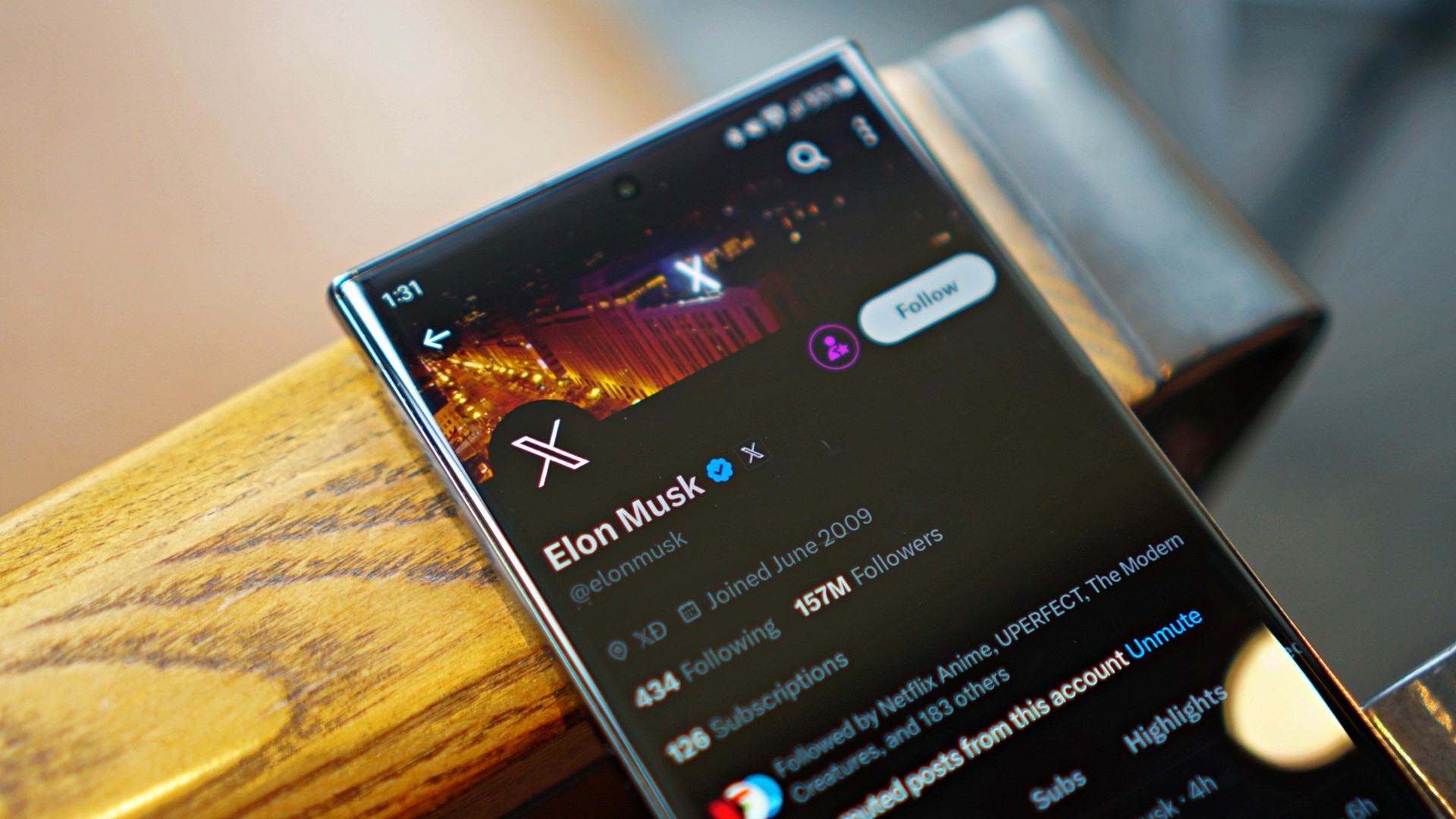News
Filipino students to join NASA’s annual global hackathon
Two teams with innovative solutions

Pressing problems in the world require innovative solutions, like ocean waste and the spread of dengue. These two problems are the focus of two teams from De La Salle University – Manila who just won the NASA International Space Apps Challenge.
The NASA International Space Apps Challenge is a yearly hackathon where teams use NASA’s free and open data to address problems on Earth and in space. This year, two separate teams from La Salle won the challenge. They would also join the global hackathon awards where NASA would select the winners in January.
Project PaWiKAN by Ocean’s 4
The first of the two teams focused on the problem of ocean waste. Ocean waste remains the biggest threat to marine wildlife and to humans with more plastics ending up in the ocean every year. Thus, a team composed of Lasallian engineering students conceived Project PaWiKAN.
Project PaWiKAN uses NASA’s Ocean Surface Current Analysis Real-time (OSCAR) data to determine ocean waste patch locations. Then, it deploys dynamically reconfigurable boats capable of trapping and returning ocean waste back to land. The boats have different sensors for communication, and controlled through deployment stations.
The team behind the project, Ocean’s 4, also joined the challenge last year. They created a hyper-casual puzzle game utilizing images from the Hubble Space Telescope and intuitive physics concepts.
AEDES Project
The other winner for the challenge takes its name from the Aedes variety of mosquito, which is responsible for spreading dengue and malaria worldwide. In the Philippines, dengue is responsible for the deaths of many children every year.
A group of Lasallian students developed a forecast model of dengue cases using climate and digital data. This model can also pinpoint possible hot spots from satellite data. Along with other data from NASA and government agencies, potential dengue hot spots and mosquito breeding grounds is shown in a web interface accessible to everyone. This is handy for public health practitioners who can use the data to identify dengue outbreaks and plan according to it.
Global hackathon
Both winners will join teams around the world. NASA will evaluate and select top 30 projects as global finalists in December. They will announce the top six winners in January 2020. Winners will get a chance to visit NASA’s Kennedy Space Center at Florida in 2020.
This is not the first time that a Filipino team won the NASA challenge. Last 2018, team iNON developed an application that communicate scientific data to fishermen even without internet. Their app — aptly named the ISDApp — made their team the first Filipino global winner for the challenge.
This year’s Space Apps 2019 included over 29,000 participants at more than 230 events in 80 countries. The Philippine leg of the NASA International Space Apps Challenge happened last October 18-20 in collaboration with the Department of Science and Technology (DOST), Animo Labs, PLDT, American Corner Manila, and the US government.
SEE ALSO: 17-year-old Filipino student creates a working life-size BB-8 from household materials

Accessories
Logitech introduces a dedicated shortcut for ChatGPT
Compatible with most keyboards and mice

Artificial intelligence is already meant to simplify a workflow. However, despite the ease, there are still a few ways to optimize the process. Today, Logitech has launched a new shortcut to launch ChatGPT straight from your mouse or keyboard.
Minus programmable hotkeys or buttons, there are hardly any built-in way to easily access an AI model. For a typical workflow, it still consists of manually opening the model on a separate window and keeping it within cursor’s reach throughout the day.
Logitech is simplifying the process by adding a dedicated shortcut for its devices. With a Logitech keyboard or mouse supported by the Logi Options+ app, users can program a keyboard or mouse button for the new Logi AI Prompt Builder.
Once activated, the AI Prompt Builder automatically accesses easy options for highlighted text. For example, users can easily rephrase or summarize the text. Likewise, they can input their own custom queries. By eliminating a few clicks and some typing throughout the day, the new tool hopes to save you time.
While most Logitech keyboards and mice are compatible with the new tool, it is also more easily accessible with the new Logitech Signature AI Edition Mouse. The new mouse has a dedicated button just for AI prompts. If you’re an AI power user, this one is perfect for you.
SEE ALSO: Logitech unveils G Pro X 60 gaming keyboard: Price, details

Despite the ease that the technology promises, artificial intelligence still isn’t the most reliable thing you can depend on. Today’s models can still flub answers. Now, the pitfalls of AI are abundantly clear with a few mishaps on X. Golden State Warrior Klay Thompson was just “accused” of a vandalism spree involving bricks.
Late Tuesday night, X presented an AI-generated news snippet. The article, posted soon after the Warriors’ play-in loss to the Sacramento Kings, reads: “Klay Thompson Accused in Bizarre Brick-Vandalism Spree.”
The snippet hilariously described an incident where Thompson supposedly vandalized houses in Sacramento with bricks. Thankfully, according to the snippet, no one was hurt. It even had a few sources for its claims below the news summary.
First off… I am ok.
My house was vandalized by bricks 🧱
After my hands stopped shaking, I managed to call the Sheriff…They were quick to respond🚨
My window was gone and the police asked if I knew who did it👮♂️
I said yes, it was Klay Thompson
— LakeShowYo (@LakeShowYo) April 17, 2024
The sources, however, are just joke posts stemming from the recently concluded game. In that do-or-die game, Thompson put up a staggering 0 points on ten shot attempts, the most misses without a make by a Warrior since the ’68 season. Naturally, everyone joked that the Warriors guard just threw bricks all over Sacramento.
Now, X is currently experimenting with a new AI feature called Grok. The model collates trending topics and creates snippets of what’s happening for X users. However, it’s not exactly the smartest in determining real news from satiric ones. The feature notes as much, carrying a fine-print caveat warning users to “verify its outputs” because it’s an early feature and can make mistakes.
SEE ALSO: New X users must pay a dollar per year to post and reply

New users on X might soon face a tough time on the platform. The social media website will likely start charging new accounts a small fee for the right to post on the platform.
Now, the fee isn’t a new one. Almost six months ago, the company tested the paid system in New Zealand and the Philippines. New users in those countries had to pay a dollar per year for the ability to post and reply to content.
As spotted by X Daily News on the same platform, the company might be ready to take the experiment to a larger market. New text strings have shown that the policy is rolling out worldwide.
SPECULATION: X might be expanding its policy to charge new users before they reply/like/bookmark a post https://t.co/odqeyeiHBx pic.twitter.com/EU71qlwQ0D
— X Daily News (@xDaily) April 15, 2024
The policy is designed to combat a wave of bots appearing on the platform. By preventing new accounts from creating posts, X hopes to stave off the standard behavior of bots these days. You might have noticed them as OnlyFans creators in unrelated posts, peddling NSFW content on their bio.
Though the global rollout was only just spotted, owner Elon Musk has seemingly confirmed the change. Replying to X Daily News, Musk says that it is “the only way to curb the relentless onslaught of bots.” He says that the current breed of bots can easily bypass simple checks these days.
-

 Accessories2 weeks ago
Accessories2 weeks agoApple Vision Pro Review: Two Months Later
-

 Features5 days ago
Features5 days agoFortify your home office or business setup with these devices
-

 Gaming1 week ago
Gaming1 week agoThe Rogue Prince of Persia looks like an ultra-colorful roguelite
-

 Philippines2 weeks ago
Philippines2 weeks agovivo Y100 to release in Philippines on April 27
-

 Events1 week ago
Events1 week agoStellar Blade: PlayStation taps cosplayers to play Eve for game’s launch
-

 Gaming1 week ago
Gaming1 week agoStar Wars Outlaws release date revealed
-

 Accessories1 week ago
Accessories1 week agoLogitech unveils G Pro X 60 gaming keyboard: Price, details
-

 Deals2 weeks ago
Deals2 weeks agoSamsung Awesome April: Deals on Galaxy A series


























